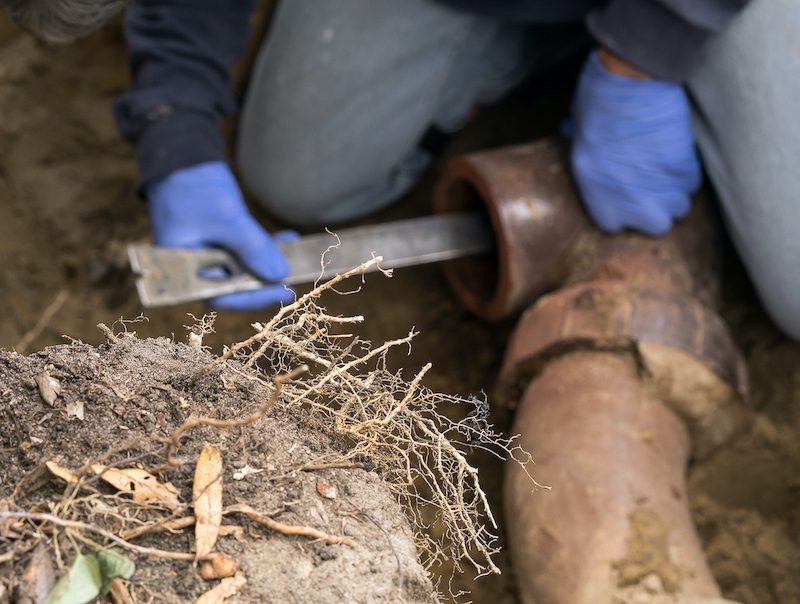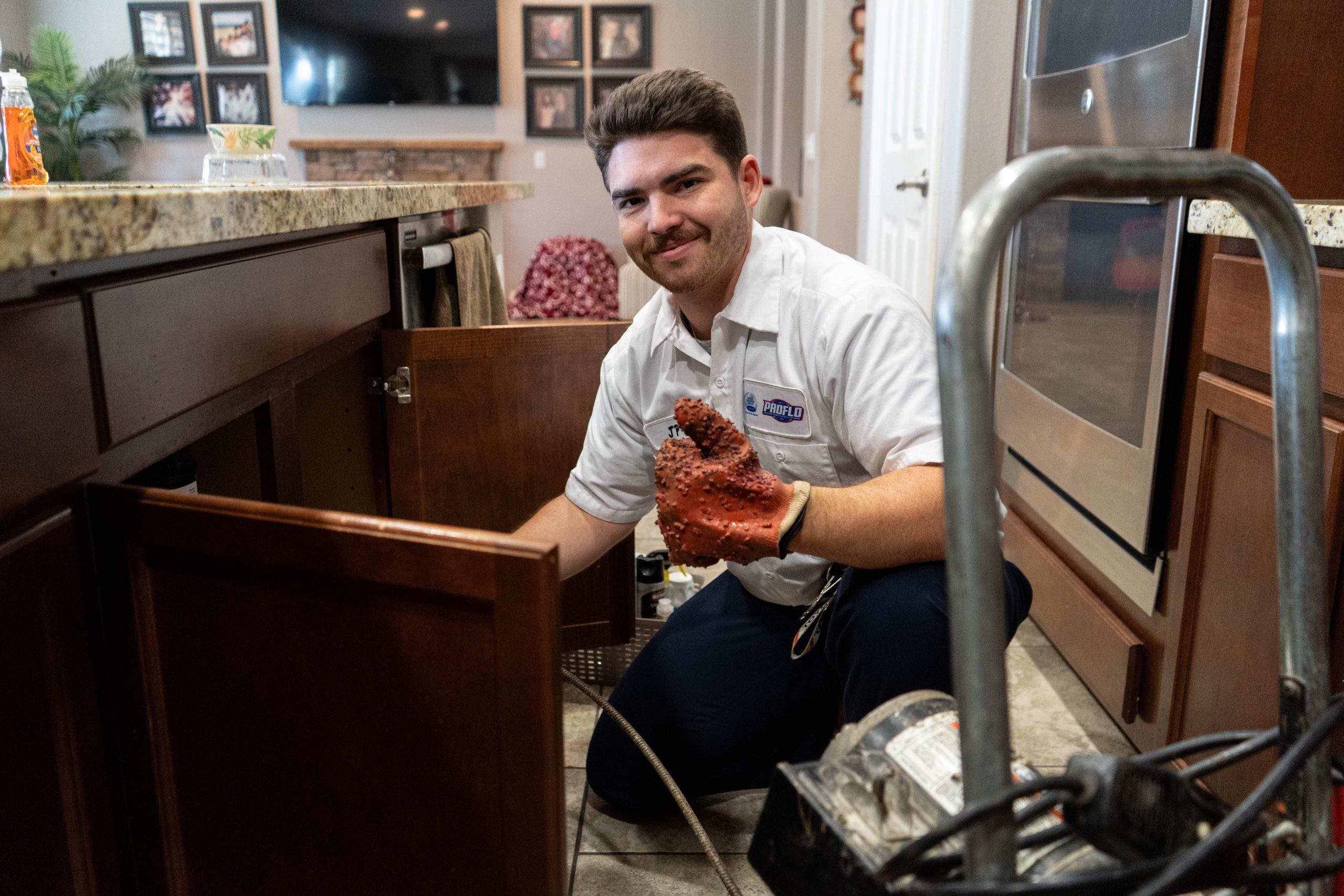Tips for Dealing with Plumbing in Older Homes: Essentials
Tips for Dealing with Plumbing in Older Homes: Essentials
Blog Article
They are making a few good points about Main Plumbing Issues Found in Old Houses in general in this content beneath.

Older homes typically come with beauty, character, and history, yet they can likewise bring a host of pipes problems. Whether you're handling maturing pipes, low water stress, or leakages, understanding how to deal with these typical problems is crucial to preserving a safe and functional home. In this overview, we'll discover the common plumbing challenges dealt with by older homes and give sensible solutions to keep your plumbing in leading form.
Comprehending Common Plumbing Concerns
Aging Pipelines
Among the most usual issues in older homes is maturing pipes. Depending upon the age in which your home was constructed, the pipes may be made from products that have weakened with time, such as galvanized steel, cast iron, or even lead. These products can wear away, become breakable, or create leakages, leading to water damage and prospective health hazards.
Low Water Stress
If you're experiencing low water pressure, maybe as a result of mineral deposits, rust inside the pipelines, or old fixtures that are no more working efficiently. This can be a significant hassle, specifically in areas like showers and sinks.
Leaking Pipelines
Leakages are another constant issue in older homes, often brought on by corroded or worn-out pipelines. Even little leakages can bring about substantial water damage, mold and mildew development, and enhanced water bills otherwise attended to immediately.
Out-of-date Components
Obsolete plumbing components such as taps, bathrooms, and showerheads not just look old but may likewise be less efficient, susceptible to leakages, or inappropriate with modern plumbing criteria.
Pipe Deterioration
Corrosion is a typical issue in older pipelines, specifically those made from galvanized steel or actors iron. Rusty pipelines can restrict water circulation, trigger discoloration, and at some point bring about leakages or pipe bursts.
Assessing the Problem of Your Plumbing
Inspecting Visible Pipelines
Begin by examining any kind of noticeable pipes in your home, such as those in cellars, crawl spaces, or under sinks. Seek indicators of deterioration, leakages, or rust, which can show underlying concerns.
Looking for Leaks
Check for leaks by inspecting locations around faucets, toilets, and under sinks. You can also monitor your water meter before and after a duration of no water make use of to spot surprise leakages.
Water High Quality Testing
Older pipes can impact the high quality of your water. Conduct a water high quality examination to look for impurities such as lead, corrosion, or various other impurities that might be presented by aging pipes.
Solutions for Typical Plumbing Concerns
Replacing Aging Pipelines
If your home has old, weakening pipelines, think about changing them with modern materials like copper or PEX. This can be a significant financial investment, yet it will certainly stop future problems and improve the security and dependability of your plumbing system.
Dealing With Low Tide Stress
To take care of low tide stress, beginning by cleansing or changing old components and removing mineral accumulation in the pipelines. If the problem lingers, it might be required to change sections of rusty pipelines.
Repairing and Changing Dripping Pipelines
For little leaks, you can utilize pipe clamps or epoxy putty as a short-term repair. However, it's best to replace leaking pipes completely to stay clear of additional damage.
Updating Fixtures
Upgrading old fixtures to modern, water-efficient designs can improve your home's pipes performance and lower water intake. Search for fixtures with the WaterSense tag for the best efficiency.
Managing Pipeline Rust
If your pipelines are worn away, replacing them with corrosion-resistant materials like copper, PVC, or PEX is the most effective option. Regular assessments and water top quality upkeep can aid prevent better deterioration.
When to Call an Expert
While some plumbing concerns can be taken care of with DIY services, there are times when it's finest to call an expert. If you're dealing with significant leaks, comprehensive corrosion, or are unsure concerning the condition of your pipes, a qualified plumbing professional can provide experienced assessment and repair.
Preventive Upkeep Tips
Routine Examinations
Routinely check your pipes system for indicators of deterioration. Catching issues early can avoid costly fixings down the line.
Water Stress Guideline
Guarantee your water stress is within the advised range to prevent worrying your pipelines and components. A plumber can mount a stress regulatory authority if needed.
Water Quality Upkeep
Install water filters or softeners if your water top quality is poor. This can protect your pipelines and components from damages brought on by tough water or impurities.
Proactive Pipeline Substitute
If your home has older pipelines, consider proactive replacement before significant problems arise. This can save you from emergency situation fixings and water damages.
Verdict
Dealing with plumbing concerns in older homes requires a mix of watchfulness, precautionary maintenance, and prompt upgrades. By understanding the common challenges and knowing when to look for specialist assistance, you can ensure your plumbing system continues to be useful and trusted for many years to come.
Common Plumbing Issues in Older Homes
Pipe corrosion
Pipe corrosion is a common plumbing issue in older homes. Several factors can cause pipes to corrode:
Water: Ironically, water is the number one cause of pipe corrosion. When water seeps into cracks in pipes, it can cause the metal to rust and break down, leading to leaks or even burst pipes.
Oxygen: Oxygen is another significant culprit in pipe corrosion. When oxygen interacts with water, it can cause the metal to oxidize and weaken.
Chemicals: Chemicals such as chlorine and fluoride can also contribute to pipe corrosion. These chemicals can react with the metal in pipes, causing them to break down over time.
Leaky pipes
Pipes that leak is one of the most common plumbing issues plaguing residents of older houses. While a small leak may not be a problem initially, it can lead to significant problems if left unaddressed. In addition, water damage can be very costly to repair and may cause damage to electric fixtures, promote mold growth and cause many other issues.
Worn-out fixtures
Older homes often have worn-out fixtures which may need replacement. Over time, the finishes on fixtures can wear down, exposing the underlying metal to corrosion. This can cause fixtures to leak or even break completely. It s best to have a professional plumbing contractor regularly inspect the fixtures in older homes and replaces them if necessary.
Faulty water heaters
A leaky water heater can cause severe damage to the home as it can be both a flood and fire hazard. Call a plumber immediately if it appears that the water heater might be leaking.
If the heater isn t working correctly, it could be because the pilot has gone out. The pilot light going out may indicate gas supply issues or leaks. It is also worth checking the thermostat to see if it needs to be adjusted.
If the water heater is making strange noises, it could be due to sediment buildup in the tank. Sediment can interfere with the heating elements and cause them to overheat. Overheating can damage the tank and shorten the lifespan of the water heater.
https://www.norfleetfamilyplumbing.com/blog/common-plumbing-issues-in-older-homes

We were guided to that article on through a buddy on another website. For those who enjoyed reading our page please remember to pass it around. Thanks a lot for being here. Don't forget to come visit our blog back soon.
Call Today Report this page